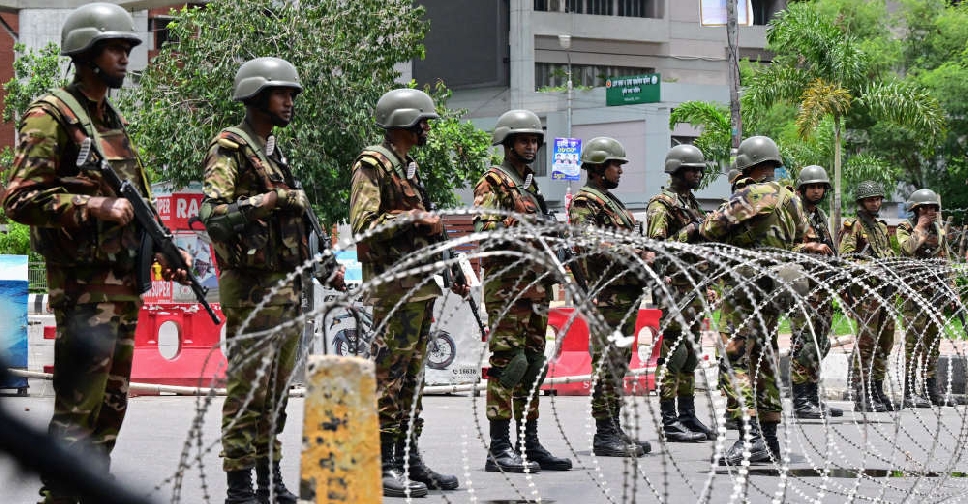
Bangladesh Prime Minister Sheikh Hasina blamed her political opponents for deadly violence that swept the country during recent student-led protests against quotas in government jobs, stating on Monday that a curfew would be lifted when the situation improved.
Her comments came a day after the South Asian country's top court agreed to scrap most quotas in a ruling on Sunday, following days of clashes between protesters and security forces that prompted the government to shut down internet services, impose a curfew and deploy the army.
Hospital data showed at least 147 people were killed in one of the worst outbreaks of violence in recent years.
Hasina, 76, won a fourth-straight term in power in January in a national election boycotted by the main opposition party.
"When arson terrorism started, the protesting students said they were not involved in it," Hasina said in an address to business leaders in the capital Dhaka, her first comments since her government ordered a curfew late on Friday.
"We were forced to impose a curfew to protect the lives and property of the citizens. I never wanted it," she said. "We will lift the curfew whenever the situation gets better."
Hasina blamed the main opposition Bangladesh Nationalist Party and the Jamaat-e-Islami party and its student wing for the violence that started last week.
The parties did not immediately respond to requests for comment but critics, including the BNP, have previously accused Hasina of authoritarianism, human rights violations and crackdowns on free speech and dissent - charges her government denies.
The streets appeared calm in Dhaka on Monday, a day after the Supreme Court ruled in favour of an appeal from the government against a lower court order and directed that 93% of government jobs should be open to candidates on merit.
The ruling scaled down quotas in state jobs previously reserved for groups including families of freedom fighters, women and so-called disadvantaged groups, cutting it to 7% from 56%.
Experts have blamed the unrest on stagnant job growth in the private sector and high rates of youth unemployment that have made government jobs, with their regular wage hikes and other privileges, more attractive.



 Israeli attacks on Gaza killed 60 people in 24 hours
Israeli attacks on Gaza killed 60 people in 24 hours
 Trump fires National Security Agency director
Trump fires National Security Agency director
 Israel steps up Syria strikes, says Turkey aims for 'protectorate'
Israel steps up Syria strikes, says Turkey aims for 'protectorate'
 US sending Israel 20,000 assault rifles that Biden delayed
US sending Israel 20,000 assault rifles that Biden delayed



